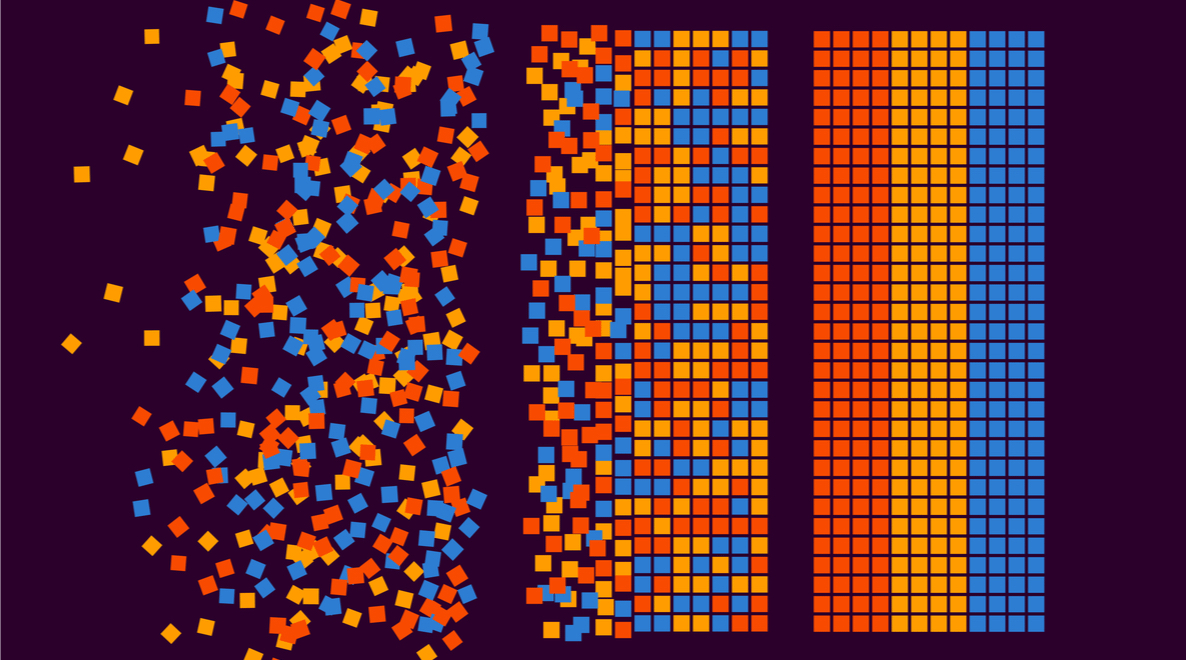Computer science is really an umbrella term that encompasses a number of fields. CS professionals might work in data analytics, software engineering, computer engineering, information security, or network administration, to name just a few options.
Like the industry itself, the academic programs within computer science are also very diverse. Because computer science is such a broad area, it’s worth spending some time thinking about what aspects of CS are most interesting to you. This will help you choose a school that best prepares you to meet your career goals.
If you already have a good idea of where you want to go in computer science, start to narrow down your school choices with our rankings for the Best Online Bachelor’s in Computer Science Degrees and Best Online Master’s in Computer Science Degrees.
Here are some of the specializations that you can consider for your computer science degree.
Computer and Network Security
In this field, CS experts address software vulnerabilities and mitigate security risks. Coursework for this specialization typically includes topics such as database management, advanced operating systems, cryptography, and advanced encryption strategies.
Mobile and Web Computing
Academic programs in this field may focus on broad, theory-based applications of networking protocols and other aspects of systems design. Other programs will focus on the creation of websites or mobile applications with an emphasis on interface design.
Human-Computer Interaction
This concentration prepares students to design and create the next generation of computers and technology. This might include moving beyond the traditional model of a keyboard and monitor to any number of other interfaces. Programs in this concentration often include coursework on design thinking and user studies.
Software Engineering
Programs in software engineering or software theory generally place a heavy emphasis on programming languages for a variety of uses. These programs typically highlight collaborative teamwork and software security. Students in this concentration will take courses on computer systems, compilers, and databases. (We cover software engineering as its own discipline in another set of FAQs.)
Bioinformatics
Bioinformatics focuses on the intersection of computer science and biological science. Programs in bioinformatics will prepare students to mine and interpret biological data. This specialization often includes applications of technology in medical contexts, such as genome sequencing and computational biology.
Information Management and Data Analytics
In this field, students will learn techniques and strategies to store, organize, and analyze massive data sets. Topics for coursework in this field generally include algorithms for data mining, database architecture, and distributed systems and networking. While data analytics is a subtopic of computer science, there are also degree programs specifically for big data.
Artificial Intelligence
The field of artificial intelligence incorporates topics such as probability and modeling, robotics, logical reasoning, natural language processing, and machine learning. Applications of AI include autonomous cars, data mining and analysis, and intelligent tutoring systems (ITS) for teaching students.
Stanford University’s acclaimed College of Engineering provides a more detailed description of these specializations and numerous others.
The spectrum of specializations within computer science offers plenty of choices for students and professionals alike. It’s never too early to start honing in on the specialization where you’d most like to work.















